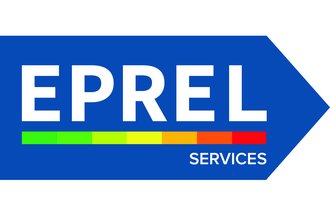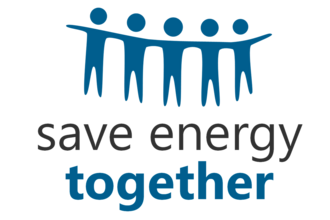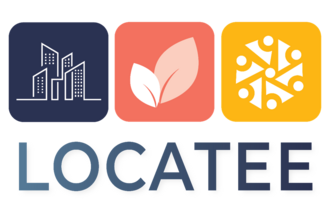
Human Factor
Convincing people of the climate-neutral future
In order to effectively minimize the serious – including economic – impacts of the climate crisis, greenhouse gas emissions must be drastically reduced. Following the Paris Climate Agreement, the Austrian federal government has set itself the goal of achieving climate neutrality by 2040, i.e. reducing greenhouse gas emissions to zero, taking sinks into account. Achieving this climate neutrality requires political decisions and clear framework conditions, but also the acceptance and contribution of all entrepreneurs, employees and consumers in the country.
Support, advocacy and acceptance are the best transformation accelerators
By the standards of the energy sector and industry with their long plant lifetimes and taking into account the huge scale of the necessary transformation, the 20 years that remain to achieve climate neutrality by 2040 are a short time. In order to achieve the system transformation nevertheless, everyone must pull together as best they can. Decentralization is a key factor here. The energy transition needs decentralization: through hundreds of thousands of photovoltaic systems, thousands of wind turbines, millions of new vehicles and just as many modern buildings. The transformation therefore has a direct impact on the living environments of each and every one of us and changes the way we live and move around and the landscape we look at. Acceptance and comprehensibility of the reasons for these changes are essential for achieving climate neutrality. Successful participation, fairness and transparency are key levers here - politics, administration and business have them in their hands.
We help to convince people of the climate-neutral future
Over the past two decades, we have built up a great deal of expertise in raising awareness and participation by managing the federal government's climate protection initiative klimaaktiv. We network and involve hundreds of partners and empower them to act as drivers of the transformation towards climate neutrality. In many research and consulting projects, we use social science methods to get to know people and their needs and concerns regarding energy, mobility and climate protection better and to gain acceptance. We develop and test concepts on how people can actively participate in the expansion of renewable energy. Communication is also one of the main pillars of the Austrian Energy Agency. One example of this is our Energy Handbook
Contact person





![[Translate to English:]](/fileadmin/_processed_/6/0/csm_mitbestimmt-klimafit_leitfaden_gemeinden_phasen-farben_2024-12-10_iii_567079e47f.jpg)
